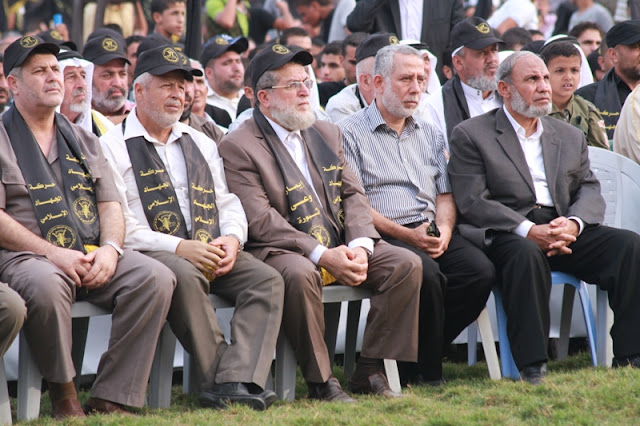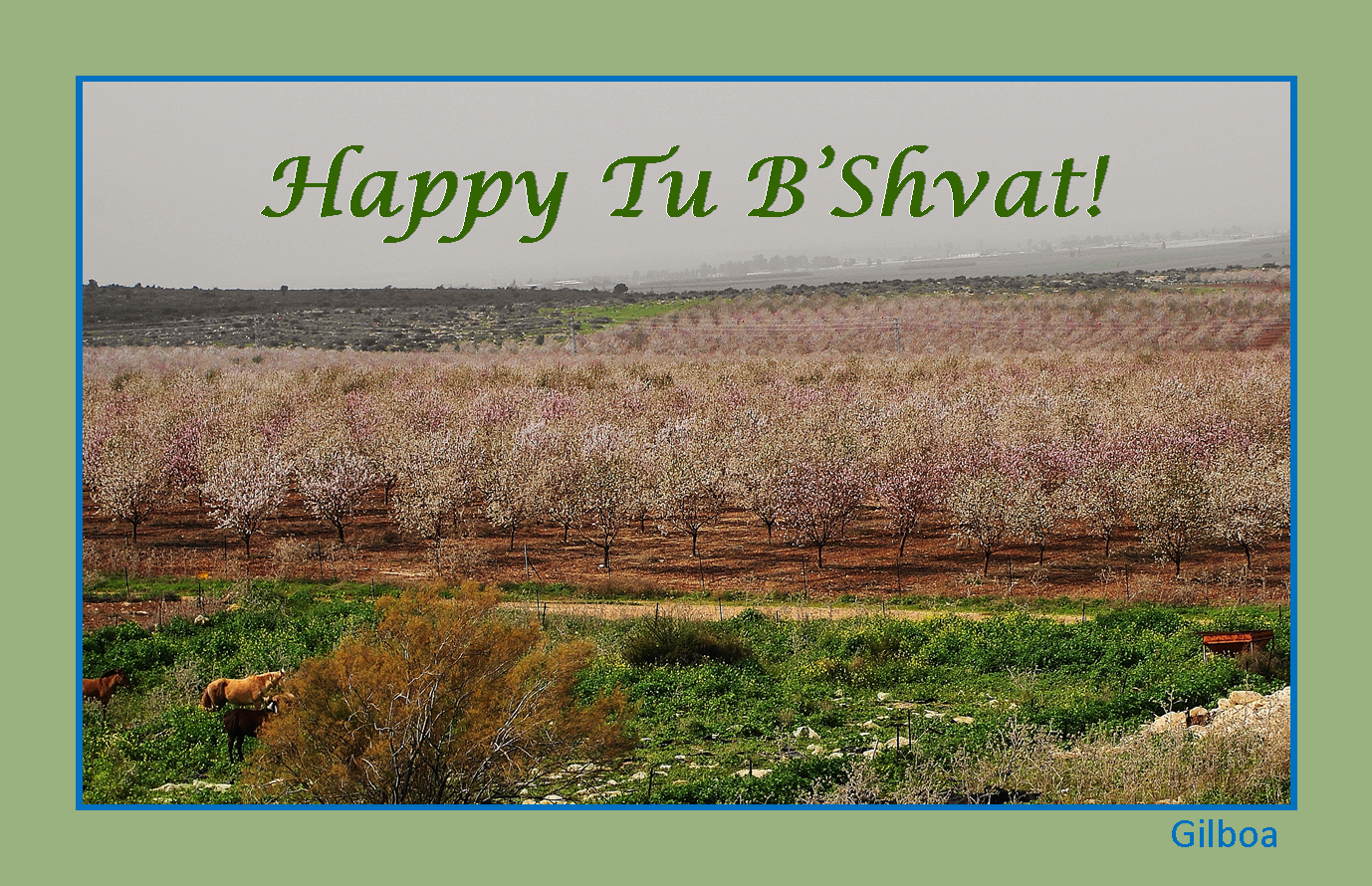On Sunday, October 7th 2012, the IDF targeted two terrorists in the Gaza Strip who were in the advanced stages of planning another terror attack against Israelis.
“In a joint IDF- ISA operation, IAF targeted Tala’at Halil Muhammad Jarbi (b. 1989), a Global Jihad operative from Rafah, and Abdullah Muhammad Hassan Maqawai (b. 1988), a member of the Ashora Council of the Martyrs of Jerusalem, a Gaza-based Global Jihad affiliate. For many years Tala’at was involved in extensive terrorist activity, targeting Israeli civilian and security forces, including rocket firing, weapon manufacturing, and other terrorist activities in the Gaza Strip. He was a senior operative involved in the planning and execution of an attack along the security fence on 18.6.12, during which an Israeli civilian was killed. He had also been planning an complex attack intended to take place along the Sinai border.”
The attack of June 18th 2012 referred to above resulted in the death of Saeed Phashpashe, aged 36 and the father of four, from Haifa. Despite that, the BBC’s report on October 7th referred to Tala’at Jarbi and Abdullah Maqawai as “Gaza militants” and “Palestinian militants”, cast doubts upon Tala’at Jarbi’s involvement in the June attack by using the well-worn phrase “Israel said” and made no mention of the attack in planning, despite quoting extensively from the IDF statement on the subject.
Early on the morning of Monday October 8th – a holiday in Israel – civilian communities in the south of Israel underwent an intense barrage of some 55 mortar and rocket attacks from Gaza. Despite the deliberate targeting of civilians by two groups –Hamas and the Palestinian Islamic Jihad – defined as terror organisations by the British government and despite those two terror organisations having put out a joint statement regarding their cooperation in the rocket attacks, the BBC’s report of October 8th still referred to the perpetrators as “militants”.
The writer of the BBC report also appears to have doubts regarding the nature of the organisations to which Tala’at Jarbi and Abdullah Maqawi belonged, as can be seen in a rather curious use of quotation marks:
“The Israeli military said it had targeted two members of “global jihadist” groups which were suspected of involvement in a cross-border attack from Egypt in June that left one Israeli dead.”
The BBC’s correspondent in Gaza, Jon Donnison, added some rather bizarre interpretations of his own to the article:
“The BBC’s Jon Donnison in Gaza City says it is unusual for Hamas to acknowledge involvement in attacks against Israel.
In the past it has tried to rein in rocket fire from smaller groups.
But Hamas is under pressure to be seen to be resisting Israel’s occupation from those in Gaza who believe the Islamist movement has compromised too much, our correspondent adds.”
Donnison fails to make clear that Israel withdrew from the Gaza Strip in 2005 and therefore “resisting Israel’s occupation” by firing military hardware at civilian communities in the Negev constitutes a significantly more belligerent approach and an interpretation of the word ‘occupation’ which – according to Hamas doctrines – includes the whole of Israel.
Donnison is perhaps not aware that a Hamas delegation headed by Mahmoud al Zahar recently attended the ‘International Islamic Resistance Conference’ held in Iran, visited Hizballah in Lebanon and took part in rallies organized by the Iranian-backed Palestinian Islamic Jihad in Gaza. Donnison’s attempts to portray Hamas as the ‘responsible adult’ are, therefore, misleading at best.

Strangely too, Jon Donnison does not yet have appeared to have absorbed the lessons of quoting unverified statements from ‘Palestinian medical sources’:
“Later, Palestinian medical sources in Gaza told the BBC that an Israeli shell had landed east of Khan Younis, injuring five people, among them several children.”
If readers are scratching their heads at the BBC’s seemingly boundless ability to classify the architects and executors of terror attacks against Israeli civilians as ‘militants’ – even after 55 missile attacks in one morning – a clue to the ‘reasoning’ behind it comes in the form of its guidance for editors:
“Terrorism is a difficult and emotive subject with significant political overtones and care is required in the use of language that carries value judgements. We try to avoid the use of the term “terrorist” without attribution.”
“The word “terrorist” itself can be a barrier rather than an aid to understanding.”
Alternatively, some people may well think that the BBC is actually creating more barriers to its audience’s understanding of the Middle East by downplaying Islamist terror attacks on Israelis and prettying Hamas, in particular as that becomes even more confusing – as recently pointed out by ‘Honest Reporting‘ – when the word ‘terror’ is used by the BBC in certain circumstances.
Related articles
- BBC’s Jon Donnison on Salafists and Hamas (bbcwatch.org)
- IDF briefing on intense rocket fire on southern Israel (bbcwatch.org)






